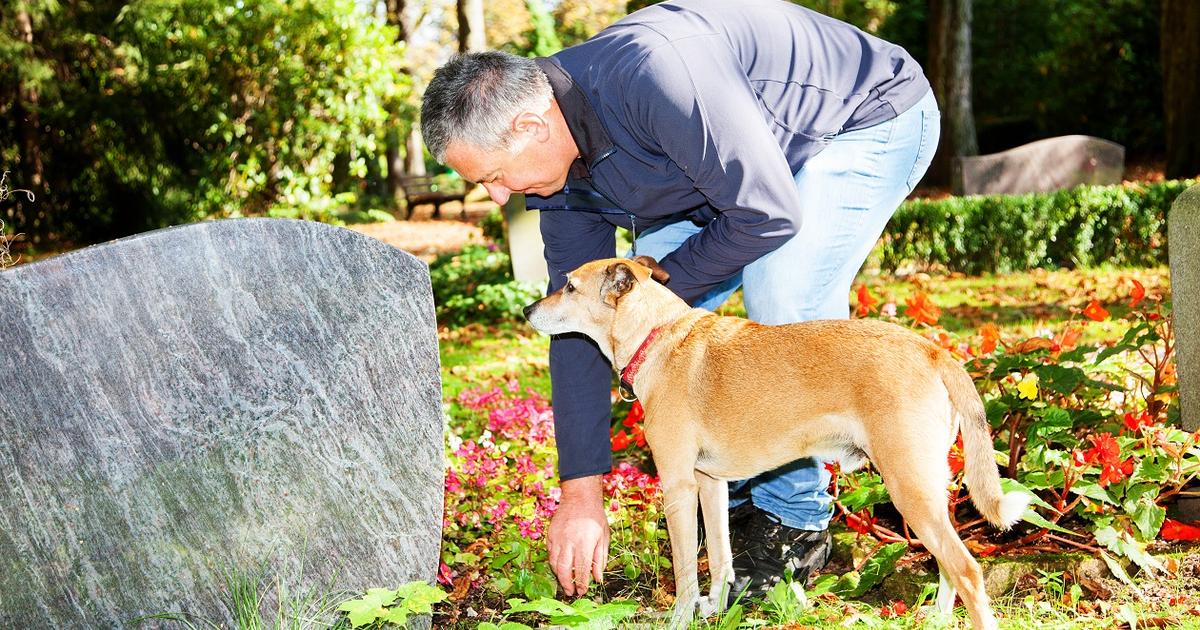If the law has recently recognized
the animal
as a living being endowed with sensitivity, and no longer as movable property, the fact remains that it remains without legal personality.
Therefore, he cannot be seen as an
heir
.
There is still a legal way to protect it after the death of its master.
What happens to animals in estates?
Our answers.
To discover
Holidays: how to keep your pet?
True or false: fight misconceptions about the garden
Can an animal inherit as part of an estate?
Article 515-14 of the Civil Code defines animals as
“living beings endowed with sensitivity”
.
If they are no longer part of the category of property since Law No. 2015-177 of February 16, 2015, they are not considered as persons either.
They fall into the intermediate category of
sentient beings
.
All domestic animals, both tamed and companion animals, are affected by this provision.
The same article 515-14 of the Civil Code specifies that animals remain
“subject to the property regime”
.
Although the animal is a living and sentient being, the
legal status of property
still applies.
Domestic animals qualified as sentient beings are not considered as people.
They therefore do
not have legal personality.
As a result,
animals cannot inherit
, either by gift or by will, as part of an estate.
This option is reserved for individuals only.
Dogs and cats cannot be considered heirs of the late master.
Read alsoBurial of pets: what does the law say?
Before the law of February 16, 2015, animals were considered movable property.
That is to say, goods capable of being transported from one place to another.
The official recognition of the animal as a living being endowed with sensitivity allows a better consideration of animal welfare.
Who inherits animals as part of an estate?
If the deceased master cannot give or bequeath all or part of his inheritance directly to his dog or his cat, it remains to wonder about the future of the animal as such.
Who inherits the pet as part of an estate?
Who should take care of it, before and after the settlement of the said estate?
So many questions that find answers in the laws that govern successions in French law.
An estate is made up of the assets and liabilities (debts) that the deceased had at the time of death.
Movable property and buildings constitute the estate assets.
Animals have the legal regime of movable property.
Legally, they are therefore included in the
mass of assets to be shared out in the estate assets
.
Before the final settlement of the succession, all the heirs of the deceased are in joint ownership.
The maintenance and food costs of the animal are considered to be expenses incurred in the interest of joint ownership and must therefore be reimbursed.
In other words, the heir who took care of the animal is reimbursed for the sums incurred.
Read alsoHow to overcome the loss of your pet?
At the time of the distribution of the estate, the moment which closes the estate, the heirs must agree on the future situation of the animal.
For example, one of the heirs can request to recover the animal.
It can also be decided to donate it to an association.
In case of disagreement, the division will then be judicial.
It is the judge who will decide on the future of the animal of the deceased.
Good to know
The possibility of a preferential attribution of the animal to one of the heirs does not exist.
Concretely, an heir cannot ask to be granted full ownership of the animal of the deceased.
How to protect your animals in the event of death?
If it is not possible to give or directly bequeath a sum of money to your animal on its death, there is a legal solution to protect it and protect it from all need.
Read alsoIn case of divorce who keeps the animal?
The future deceased can decide to pass on part of his estate, only the available portion, to a trusted person or an association to take care of the pet.
We speak of
liberality with charge
.
Concretely, the master must write a will or make a donation which is accompanied by an obligation for its beneficiary.
Namely, the payment of a sum of money conditional on taking care of the designated animal.
A master can therefore entrust a trusted person with the care of his animal.
To do this, it will be necessary to draw up the deed before a notary.










